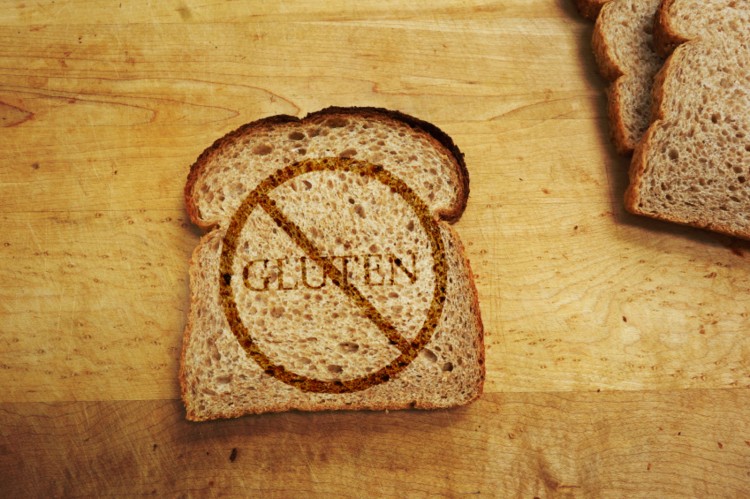The Food and Drink Federation (FDF) has today published ‘Gluten Labelling Guidance: Best Practice for Prepacked Foods which Include or Exclude Cereals Containing Gluten’. This updated UK best practice guidance provides advice to food business operators on how to label food products that include cereals containing gluten, and which claims can be made relating to the absence or reduced presence of gluten (e.g. gluten-free). The Gluten Free Industry Association (GFIA) now joins Coeliac UK, Anaphylaxis Campaign and the British Retail Consortium (BRC) as supporting partners of this guidance.
The document has been developed to illustrate examples of different labelling situations, with special consideration given to oats and wheat species. It provides information about the distinction between coeliac disease and cereal allergy, advice on precautionary allergen labelling, and a flow diagram for making gluten absence claims. It also includes an overview of the relevant EU and UK legislation and guidance.
Heather Hancock, Chairman of the Food Standards Agency, said:
“The Food Standards Agency welcomes the FDF’s work to achieve greater consistency in how the presence of cereals containing gluten and gluten-free claims are labelled on prepacked foods. Having a trusted consistent approach will make it easier for people with coeliac disease or with allergies to these cereals to find and understand the labelling information they need. And that means they can make safer food choices. I am very pleased to see further progress in this important area of public health and consumer protection.”
Alex Turtle, Food Law, Labelling and Enforcement Manager, FDF, said:
“To be able to choose a safe prepacked food, allergic consumers need clear information about its composition; whether it includes any cereals containing gluten or has been produced gluten-free. It is vitally important that food manufacturers provide legally compliant labels that present consistent allergen information. FDF is committed to providing best-practice regulatory guidance and we hope that this updated, more comprehensive, guidance continues to support food manufacturers, of all sizes, to make informed labelling declarations regarding their products.”
Norma McGough, Director of Policy, Research and Campaigns at Coeliac UK, said:
“The Charity supports the updated FDF best practice guidance for the food industry. By distinguishing the presence of allergens (i.e. gluten-containing cereals) with the absence of gluten in foods (i.e. gluten-free), the guidance helps highlight the important distinction between an allergy to cereals and coeliac disease. We also welcome approaches to limit use of precautionary statements relating to the presence of cereals containing gluten in prepacked products.”



